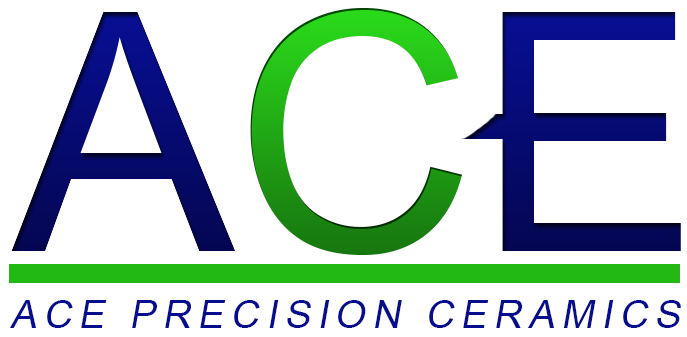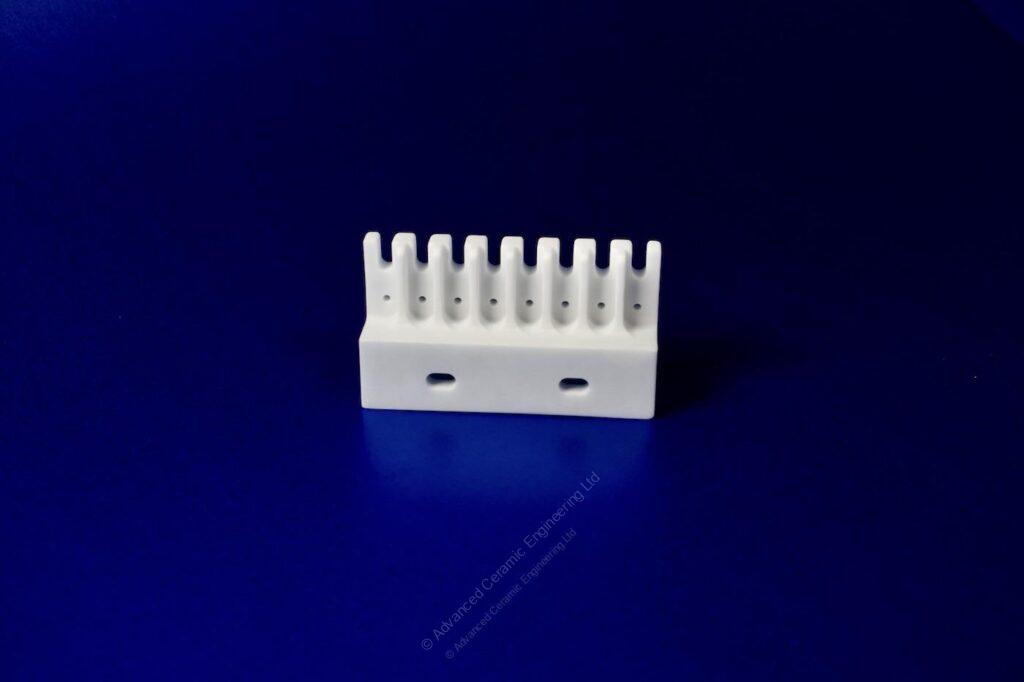Alumina is a versatile and highly sought-after material in various industries, particularly in the manufacturing of advanced ceramics. Its properties of high strength, durability, and resistance to heat and chemicals make it an ideal choice for a wide range of applications.
Here at Advanced Ceramic Engineering Ltd, we specialize in the production and design of precision and technical ceramics, using different types of alumina materials. With over 40 years of experience, we have become a trusted supplier in the United Kingdom, offering custom manufacturing to meet the specific requirements of our clients.
In this blog post, we will guide you through the different types of alumina materials and their uses, as well as the advantages of choosing Advanced Ceramic Engineering Ltd for your ceramic needs.
1. High Purity Alumina (HPA):
High purity alumina, also known as 99.99% alumina, is the purest form of alumina available. It is made by calcination of an alumina trihydrate precursor, resulting in a powder with very fine particle size. HPA is ideal for applications that require extreme levels of purity, such as in the semiconductor and optical industries. It also has excellent dielectric properties, making it suitable for electronic components.
2. 96% Alumina:
This type of alumina has a slightly lower level of purity compared to HPA, but it still offers high mechanical and electrical insulation properties. It is commonly used in the production of wear-resistant parts, electrical insulators, and components for the chemical and food processing industries.
3. 94% Alumina:
94% alumina has similar properties to 96% alumina, but with a lower cost. It is often used in applications that require good thermal shock resistance, such as kiln furniture and furnace linings.
4. 90% Alumina:
90% alumina has a lower purity level than the previously mentioned types, but it still offers high mechanical strength and thermal conductivity. It is commonly used in applications that involve high-temperature processes, such as furnace tubes, heater elements, and crucibles.
5. 85% Alumina:
85% alumina is the cheapest type of alumina available, but it still offers good mechanical and thermal properties. It is commonly used in general-purpose applications, such as insulators and refractory materials.
At Advanced Ceramic Engineering Ltd, we offer a wide range of alumina materials to meet the diverse needs of different industries. Our experienced team can also work

